Currently, the number of people suffering from kidney-related diseases accounts for 8-12% of the population. It is worrying that only 20-30% of kidney patients detect the disease and treat it promptly, while many patients are subjective, leading to treatment when the disease has progressed to a late stage, causing burdens for the patient, family and society.
Associate Professor Le Dinh Khanh - President of the Vietnam Urology and Nephrology Association shared this at the official launch ceremony of Vantive Vietnam Healthcare held on the afternoon of October 11 in Hanoi .
According to statistics from the health sector in Vietnam, it is estimated that up to 8.7 million adults are living with this disease, equivalent to nearly 12.8% of the adult population.
Associate Professor Le Dinh Khanh analyzed that chronic kidney disease progresses silently with unclear symptoms in the early stages. This fact makes the disease progress silently for many years, even decades, until kidney function seriously declines, making treatment complicated, expensive and significantly less effective.
The cost of drug treatment for patients who detect the disease in the early stages is not expensive, but in the late stages, expensive alternative treatments such as dialysis, peritoneal dialysis or kidney transplant will be required.
In the context of chronic kidney disease becoming a global health problem, efforts to implement practical action programs to raise public awareness, early disease screening and improve treatment quality are necessary. Typically, the Ministry of Health is proposing to include chronic kidney disease in the priority list in the National Strategy for Prevention and Control of Non-Communicable Diseases for the period 2026-2035.
The President of the Vietnam Urology and Nephrology Association recommends that people only need to have a blood test to check kidney function, a complete urinalysis and an ultrasound of the urinary system to screen and detect chronic kidney failure early. People should proactively go for regular health check-ups and kidney disease screening, especially high-risk groups such as the elderly, people who are overweight or obese, people with diabetes, high blood pressure, cardiovascular disease, etc. to detect kidney disease early.
Professor Nguyen Gia Binh - Chairman of the Vietnam Association of Emergency Resuscitation and Poison Control, emphasized that those who work in emergency resuscitation and poison control have to deal with many seriously ill patients every day. In recent times, the achievements of continuous blood filtration techniques have saved the lives of many patients. This technique was included in the list of techniques by the Ministry of Health in 2012. To date, more than 167 hospitals nationwide have successfully implemented it, bringing about a clear change in prognosis, helping to save the lives of thousands of seriously ill patients.
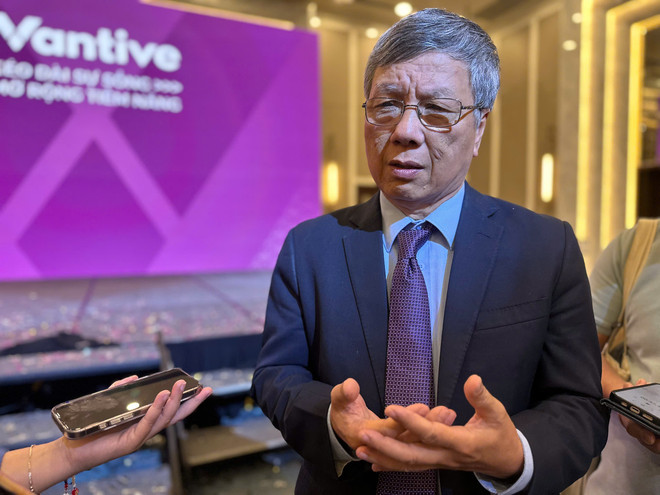
Currently, continuous blood filtration technique not only helps restore kidney function but is also an effective method in supportive treatment for many cases of multiple organ failure, such as hemofiltration to remove cytokines and endotoxins in septic shock, hemofiltration to remove toxins in poisoning, plasmapheresis in immune diseases and acute liver failure.
Professor Binh analyzed that there is currently no method that can completely cure chronic kidney failure. In the late stages, patients are forced to undergo dialysis or kidney transplant. At this point, the patient's life is almost tied to the hospital.
Therefore, to prevent the disease, people need to practice a healthy lifestyle, a balanced diet, drink enough water, avoid salty foods, limit fast food and alcohol abuse; do not smoke, exercise daily depending on each individual's health condition.../.
Source: https://www.vietnamplus.vn/noi-lo-khi-gia-tang-nguoi-mac-cac-benh-ly-ve-than-man-tinh-o-giai-doan-muon-post1069679.vnp


![[Photo] General Secretary attends the parade to celebrate the 80th anniversary of the founding of the Korean Workers' Party](https://vphoto.vietnam.vn/thumb/1200x675/vietnam/resource/IMAGE/2025/10/11/1760150039564_vna-potal-tong-bi-thu-du-le-duyet-binh-ky-niem-80-nam-thanh-lap-dang-lao-dong-trieu-tien-8331994-jpg.webp)
![[Photo] Discover unique experiences at the first World Cultural Festival](https://vphoto.vietnam.vn/thumb/1200x675/vietnam/resource/IMAGE/2025/10/11/1760198064937_le-hoi-van-hoa-4199-3623-jpg.webp)


![[Photo] Opening of the World Cultural Festival in Hanoi](https://vphoto.vietnam.vn/thumb/1200x675/vietnam/resource/IMAGE/2025/10/10/1760113426728_ndo_br_lehoi-khaimac-jpg.webp)







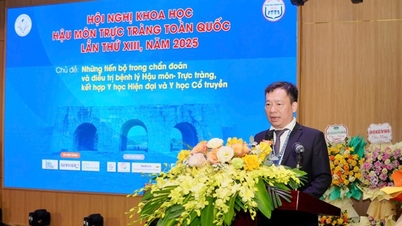



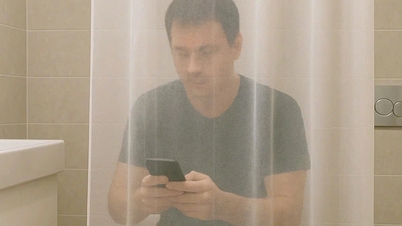










![[Photo] Ho Chi Minh City is brilliant with flags and flowers on the eve of the 1st Party Congress, term 2025-2030](https://vphoto.vietnam.vn/thumb/1200x675/vietnam/resource/IMAGE/2025/10/10/1760102923219_ndo_br_thiet-ke-chua-co-ten-43-png.webp)








































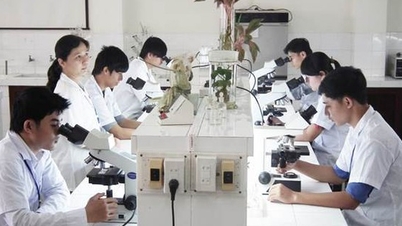






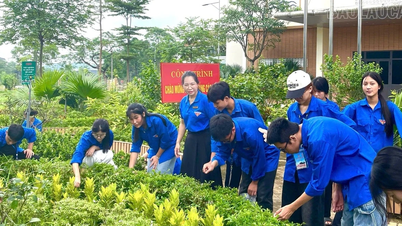















Comment (0)